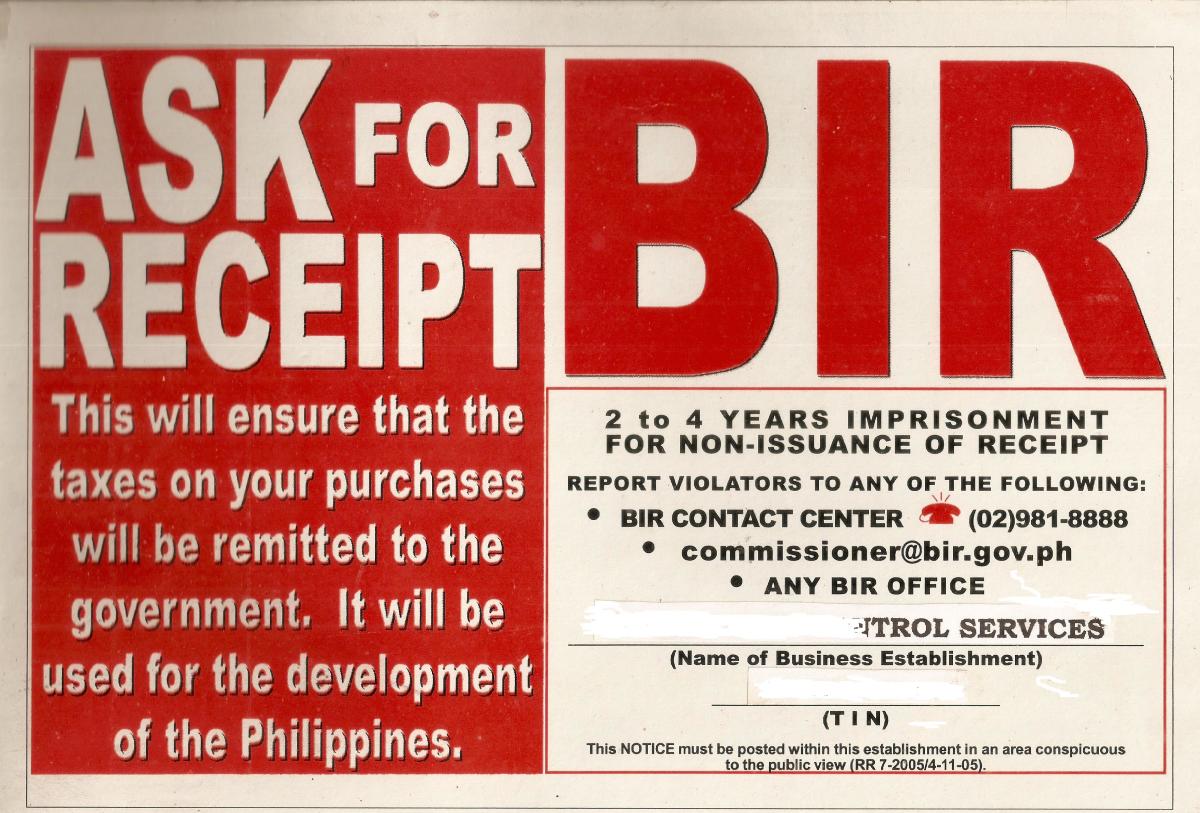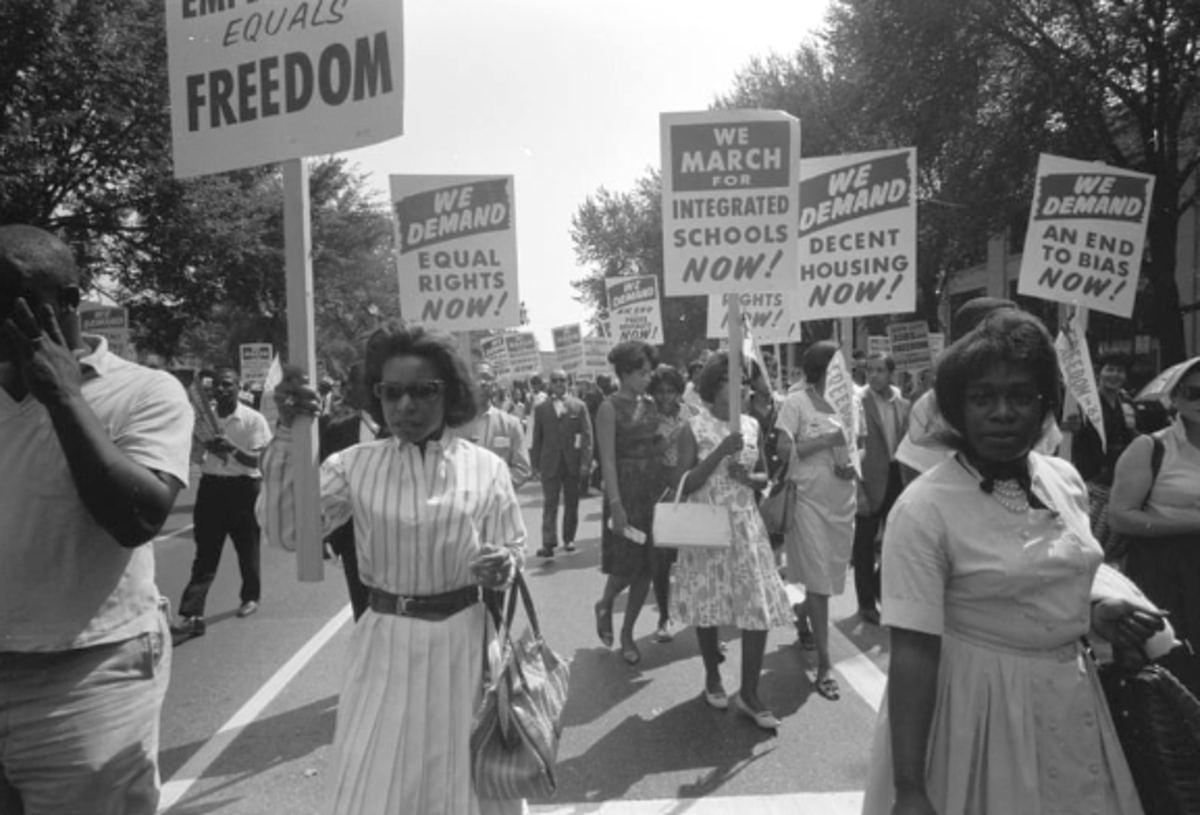Homophobia -- Fear and Loathing in Florida
Homophobia -- Fear and Loathing in Florida
WRITTEN ON Tuesday, March 11, 2008
Ponce de Leon is a small town in the Northwest Florida Panhandle in Holmes County, not far from the Alabama state line, with a population of roughly 2,200. This town is billed as an idyllic rural enclave located half way between Tallahassee on the east, and Pensacola on the west. This town’s Web site describes Ponce de Leon as retaining “a rustic charm of beauty and tranquility, all its own [sic].” Some people believe that the Spanish explorer, Juan Ponce de Leon, may have searched for the Fountain of Youth in this area. Whether or not this is true is a matter of historical conjecture; what is not a matter of conjecture, however, is the fact that the Holmes County School Board (which has jurisdiction over Ponce de Leon High School) has besmirched one of the core ideals to which Americans claim to aspire.
Heather Gillman is an eleventh grade student at Ponce de Leon High School. Heather identifies as heterosexual, but is a staunch supporter of her gay friends and acquaintances. She expresses her support for gay Americans by wearing T-shirts carrying slogans such as “Gay? Fine By Me,” “I Support My Gay Friends,” and “God Loves Me Just the Way I Am,” along with stickers bearing rainbows and pink triangles.
David Davis is the principal of Ponce de Leon High School. High school principals are generally considered to be pillars of the community, alongside sheriffs, bank managers, town clerks, teachers, firefighters, and mayors. Davis, however, appears to have transcended all of these figures by managing to travel backwards in time – quite an accomplishment for a mere high school principle – to the 1950s.
With the backing of the Holmes County School Board, Davis prohibited all students from displaying such messages of support. Any student who so much as utters a single word supporting the rights of gay people is subject to suspension. Davis has already suspended several students for wearing gay-themed clothing (including a rainbow-colored belt). Furthermore, Davis interrogated a student (named “Jane Doe” for legal purposes) who told a teacher’s aide that she was a lesbian and that she was being taunted by other students. Davis summoned Doe into his office in September 2007 and instructed Doe “not to be gay” and not to tell anybody that she is gay. Davis also told Doe not to mix with or talk to any of the “middle school” girls, and Davis further opined that “gay pride” was a disgrace to the school; that being gay was “against the Bible;” and that Doe should not “go down that road.” Davis also declared that students who wear gay-supportive T-shirts or other symbols expressing support for the rights of gay people are members of a “secret society” and are members of an “illegal organization.” The school board defined an “illegal organization” as “any attempt to use the school day for activities that are not school related or school sponsored.”
Heather Gillman defied both Davis and the school board, filing a lawsuit in Federal District Court against Davis and against the school board under 42 U.S.C. section 1983. The lawsuit contends that defendants Davis and the school board violated Gillman’s First Amendment rights to freedom of expression and association, as made binding upon the states by the Due Process Clause of the Fourteenth Amendment. The lawsuit contends that the defendants’ policy with respect to “illegal organizations” and membership in a “secret society” is unconstitutional, both as applied and on its face. More specifically, the complaint asserts that the policy is void for vagueness, overbroad, and unconstitutional.
Only in America – in the year 2008 – could such a ludicrous spectacle unfold in a court of law. As other Western nations become increasingly accepting of their gay citizens, and as barriers to equal treatment of gay people fall in nation after nation, the US stubbornly appears to move full tilt backwards with respect to this particular issue.
There is absolutely no question that both Davis and the school board will lose – big time. Both case law and common sense are firmly on the side of the students, who are being deprived of their right to political expression, as guaranteed them by the First Amendment to the US Constitution. This deprivation occurs under color of state law, thus permitting the plaintiffs to file suit under 42 U.S.C. section 1983 and granting the Federal District Court subject matter jurisdiction under 28 U.S.C. section 1331 (federal question) and 28 U.S.C. section 1343(a)(3) (civil rights).
On June 26, 2003, the US Supreme Court handed down Lawrence v. Texas, 539 U.S. 558 (2003), declaring that all state statutes prohibiting people from having gay sex are unconstitutional as applied to private sexual activity between consenting adults for non-commercial purposes. The Court made it clear that gay people are fully entitled to respect for their private lives, and that the state cannot demean the dignity of gay Americans merely because of moral disapproval. In sweeping terms, the Court apologized for an earlier ruling (Bowers v. Hardwick, 478 U.S. 186 (1986)) in which the Court had reached the opposite conclusion, thereby permitting the states to criminalize gay people for having sex, even in the privacy of their own homes. The Lawrence Court made it clear that it had failed, utterly, to treat gay Americans with the respect that they deserved as members of a legitimate minority within the framework of a representative democracy, and the Court bluntly announced that “Bowers was not correct when it was decided, and it is not correct today. It ought not to remain binding precedent. Bowers v. Hardwick should be and now is overruled.”
The Lawrence Court could have overruled Bowers using an equal protection analysis, and many legal commentators were surprised by the Court’s decision to go further. Section I of the Fourteenth Amendment declares that no state may “deny to any person within its jurisdiction the equal protection of the laws,” and most legal scholars believed that the Court would limit its analysis, in Lawrence, to the equal protection argument advanced by the gay plaintiffs. However, the Court went much further, holding that laws criminalizing same-sex sexual activity violated the Due Process Clause of the Fourteenth Amendment.
There are no “secret societies” in 21st century America. Furthermore, neither Heather Gillman nor her fellow students attempted to hide their political views from the school authorities; to the contrary, they made it extraordinarily clear that they believed in the right of the lesbian student (and gay students more generally) to receive an education without being subjected to harassment and abuse. There is nothing “illegal” about a group of students protesting such harassment, whether limited to the school context or expanded to embrace broader social goals. In Tinker v. Des Moines Independent. Community. School. District., 393 U.S. 503 (1969), the US Supreme Court upheld the right of students to wear black armbands as a gesture of protest against the war in Vietnam. Then, as is the case now, the students were not disruptive; in wearing armbands, they were “quiet and passive” and “did not impinge upon the rights of others.” Furthermore, the students in Tinker did not act in a manner that “materially and substantially interfere[d] with the requirements of appropriate discipline in the operation of the school” (cited from Burnside v. Byard, 363 F.2d. 744,749 (1966)). The students at Ponce de Leon High School are not acting in a manner that in any way interferes with the administration of appropriate discipline at the school.
The US Court of Appeals for the Eleventh Circuit, which will hear any appeal from a decision handed down by the US District Court, has addressed a very similar issue, in the context of college education. In April 1997, this intermediate appellate court declared unconstitutional, in Gay Lesbian Bisexual Alliance v. Pryor (docket number 96-6143), an Alabama state statute that forbad colleges and universities from using public funds to “sanction, recognize, or support” the activities or existence of any group or organization that “fosters or promotes a lifestyle or actions prohibited by the sodomy and sexual misconduct laws of Sections 13A-6-63 to 13A-6-65, inclusive.” The Alabama statute went further, prohibiting colleges and universities that received public funding from permitting or encouraging its members to provide information or materials explaining how such acts may be performed. Sodomy was defined as ‘any act of sexual gratification between persons not married to each other involving the sex organs of one person and the mouth or anus of another.” Thus, oral sex between unmarried persons was defined by the Alabama criminal code as a form of sodomy. This statute was clearly aimed at the gay and lesbian community, and was intended to prevent colleges and universities that received public funding from supporting the activities of any group or organization that promoted the so-called “homosexual lifestyle.”
It is well established that the First Amendment protects advocacy to break a law. With respect to such advocacy, this protection is limited in one important respect – in Brandenburg v. Ohio, 395 U.S. 444 (1969), the US Supreme Court held that the only forms of advocacy or expression that may be criminalized are those forms of advocacy directed to “inciting or producing imminent lawless action and [that are] likely to incite or produce such action” [emphasis added].
The First Amendment therefore protects the right of any person, gay or heterosexual, to advocate breaking any law that prohibits same-sex or opposite-sex “sodomy” (as defined above). This conservative Court of Appeals held that the Alabama statute discussed and struck down was not capable of a narrowing construction that would have enabled the state to enforce it against speech directed to such incitement and likely to produce such action. The Alabama statute was broad by its very terms (referring to the promotion of a “lifestyle or actions”) – hence, it was not possible to argue that the statute merely impinged upon speech falling outside the protective ambit of the First Amendment, as described by Brandenburg. The appellate court also noted that the Alabama statute constituted viewpoint discrimination – something that is prohibited within the context of a limited public forum (such as those fora created by state universities and colleges). A state university may determine what subjects are appropriate for discussion in such a forum, but may not prescribe or proscribe the positions that students may choose to take with respect to those subjects (see Rosenberger v. Rector and Visitors of the University of Virginia, 515 U.S. 819 (1995)).
The appellate court also upheld the district court’s determination that the statute was unconstitutional on its face. A statute is deemed to be unconstitutional on its face if there are no sets of circumstances under which application of the statute in question could ever be found to be constitutional; in other words, a statute is unconstitutional on its face if every application of that statute, in every set of circumstances, would yield an unconstitutional result (see US v. Salerno, 481 U.S. 739 (1987), where this tent of statutory construction was expressed, albeit in dicta). Facial invalidation of a statute is “strong medicine,” and the Court of Appeals made it clear that such invalidation should only occur if the reviewing court is convinced “that the identified overbreadth is incurable and would taint all possible applications of the statute.” Generally, a statute should “be declared invalid to the extent that it reaches too far, but otherwise left intact.” In First Amendment jurisprudence, a statute that is challenged on its face will be upheld if it is “readily susceptible” to a narrowing construction that would make it constitutional. The key phrase to consider is the phrase “readily susceptible” – a federal court will not rewrite a state statute to conform it to constitutional requirements unless the state statute in question is readily susceptible to the proposed limitation. The District Court held that the Alabama statute was not readily susceptible to a narrowing construction that would render it constitutional, and the Court of Appeals agreed with the District Court.
Note that the above analysis would be applicable were gay sex to be illegal in the State of Florida, as was the case in some 14 states before the US Supreme Court handed down Lawrence (supra). Here, school principal Davis and the Holmes County School Board have attempted to gag a group of students who are in no way advocating the violation of any law. These students are merely attempting to express their support of the right of one of their members to be treated decently and in a manner consistent with the educational mission of the school. Both Davis and the School Board have engaged in the worst form of McCarthyism – declaring that those students who support the rights of gay people are members of an “illegal organization” and members of a “secret society.”
We are not living in the 1950s, much as many right-wing commentators would like to see a return to the values that defined that era in American political life. Joseph McCarthy – a vicious, thuggish, bullying drunk – died shortly after his disgrace and censure by the US Senate. We live in a diverse, pluralistic society in which gay people have won some measure of acceptance, in both state and federal political spheres. Notwithstanding the rantings of jurists such as Associate Justice Antonin Scalia and Associate Justice Clarence Thomas, the US Supreme Court has declared that gay Americans are entitled to respect for their private lives, and that the constitutional guarantees of substantive fairness and the equal protection of the laws are available to members of this group, just as they are available to members of any other group of law-abiding citizens. Principal Davis and the Holmes County School Board have besmirched the values that are integral to the American political experience. Twelve years ago, another school board and another school principal disregarded these values, causing the US Court of Appeals for the Seventh Circuit to reinstate a lawsuit filed by Jamie Nabozny against the Ashland, Wisconsin School District and against school principal Mary Podlesny; the school authorities literally laughed at Nabozny’s pleas for help after he was repeatedly beaten up, shoved into a urinal, and mock-raped by several homophobic bullies (see Nabozny v. Podlesny, 92 F.3d 446 (1996)). Just as Davis told Jane Doe “not to be gay,” Mary Podlesny told Jamie Nabozny that he should expect such vicious taunts and physical abuse if he “insisted” on being openly gay. Just as three judges of the US Court of Appeals for the Seventh Circuit expressed their disgust, referring to the defendant’s arguments as “indefensible,” so too will three judges of the US Court of Appeals for the Eleventh Circuit express their disgust when this case reaches them and when they learn about the “secret society” – members of whom comprise somewhere between 4% and 10% of the American population.
PHILIP CHANDLER
And if I were / The King of Rome / I couldn't be more lonely...

Pet Shop Boys -- I Want a Lover
Homophobia
Justice at Last -- Gay Equality in America
- Justice at Last -- Gay Equality in America
Gay Equality, the Right to Privacy, and Substantive Due Process: this essay discusses the US Supreme Court decisions that created and expanded the right to privacy, and discusses the cases of Bowers v. Hardwick (1986) and Lawrence v. Texas (2003)...
The Federal Courts, Gay Rights, and the People
- The Federal Courts, Gay Rights, and the People
This essay discusses the role of the federal judiciary in our system of government, and explains the concept of judicial review...
Gay Rights in America
- Gay Rights in America
This essay describes the manner in which gay sex between men is singled out for harsher treatment by many heterosexual men than is gay sex between women. This essay also discusses US Supreme Court decisions and the impact of gay marriage on religion.
The Supreme Court, Gay Rights, and Lawrence v. Texas (2003)
- The Supreme Court, Gay Rights, and Lawrence v. Texas
This essay discusses the US Supreme Court and the damage it did to gay Americans in handing down Bowers v. Hardwick (1986), as well as the manner in which this Court overruled Bowers and apologized to gay Americans in Lawrence v. Texas (2003)...
Gay Americans and the Federal Hate Crimes Act
- Gay Americans and the Federal Hate Crimes Act
This essay discusses the truth behind the lies told about the proposed federal hate crimes act, and presents a truthful analysis of the real impact that this measure would have on religious bodies and individuals (it would have no impact)...
Religion, Gay Americans, and the Law
- Religion, Gay Americans, and the Law
This essay discusses the impact of high court decisions upholding laws prohibiting discrimination on the basis of sexual orientation on religious organizations that offer public services (and are thus bound by anti-discrimination statutes)...
Gay Americans and the US Supreme Court
- Gay Americans and the US Supreme Court
This essay discusses the homophobia that informed the US Supreme Court decision Bowers v. Hardwick (1986), and how gay Americans turned to state supreme courts to strike down sodomy laws until the US Supreme Court handed down Lawrence v. Texas (2003)
Gay Equality, Homophobia, and Another Country
- Gay Equality, Homophobia, and Another Country
This essay discusses and compares social and legal attitudes towards homosexuality in the US and the UK, emphasizing the greater degree of acceptance of gay persons in the UK...
Mormons Meddle and Destroy Marriage
- Mormons Meddle and Destroy Marriage
This article discusses the manner in which members of the LDS participated in the campaign to pass Proposition 8 in California, thereby nullifying the effect of the California Supreme Court decision legalizing gay marriage in that state...
Loving the Sinner but Hating the Sin (But What is the Sin?)
- Loving the Sinner but Hating the Sin (But What is the Sin?)
This essay debunks the illusion that is is possible for a person to love gay people but not the actual expression of their sexual orientation; the one is inextricably intertwined with the other, just as a person's race is an indelible part of him...
Lies, Damned Lies, and Statistics
- Lies, Damned Lies, and Statistics
This essay debunks the claims made by Paul Cameron and other right-wing commentators, who claim that gay men have shorter lifespans that straight men, that gay men suffer more diseases, etc.
I Feel, Therefore I Hate (Internalized Homophobia)
- I Feel Therefore I Hate
This essay discusses the evidence that homophobic men are often struggling with their own sexual orientation, and are often closeted homosexuals...
Gay Marriage Gains Ground in America
- Gay Marriage Gains Ground in America
This essay discusses recent judicial and legislative victories in the fight for marriage equality, including recent developments that have changed the terms of the debate (including legislation in New England, passed without judicial prompting)...
Gay Marriage in America (The Gathering Storm)
- Gay Marriage in America (The Gathering Storm)
This essay discusses the current status of gay marriage in America, and reveals the desperation underlying the "National Organization for Marriage" and the $1.5 million advertisement ("The Gathering Storm") (which is actually funny!)...










